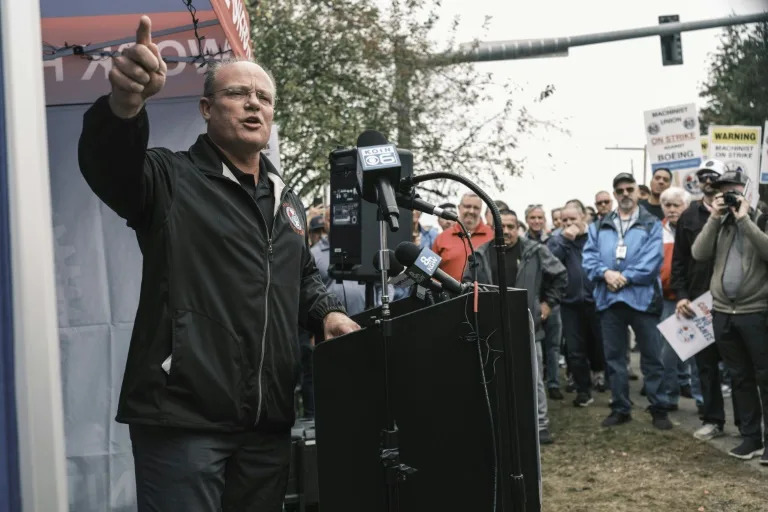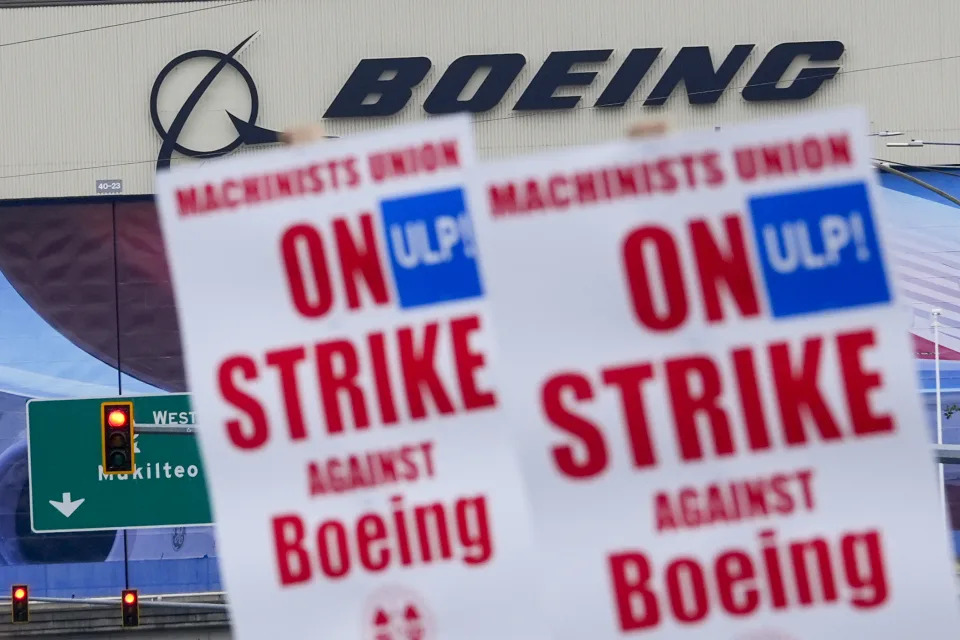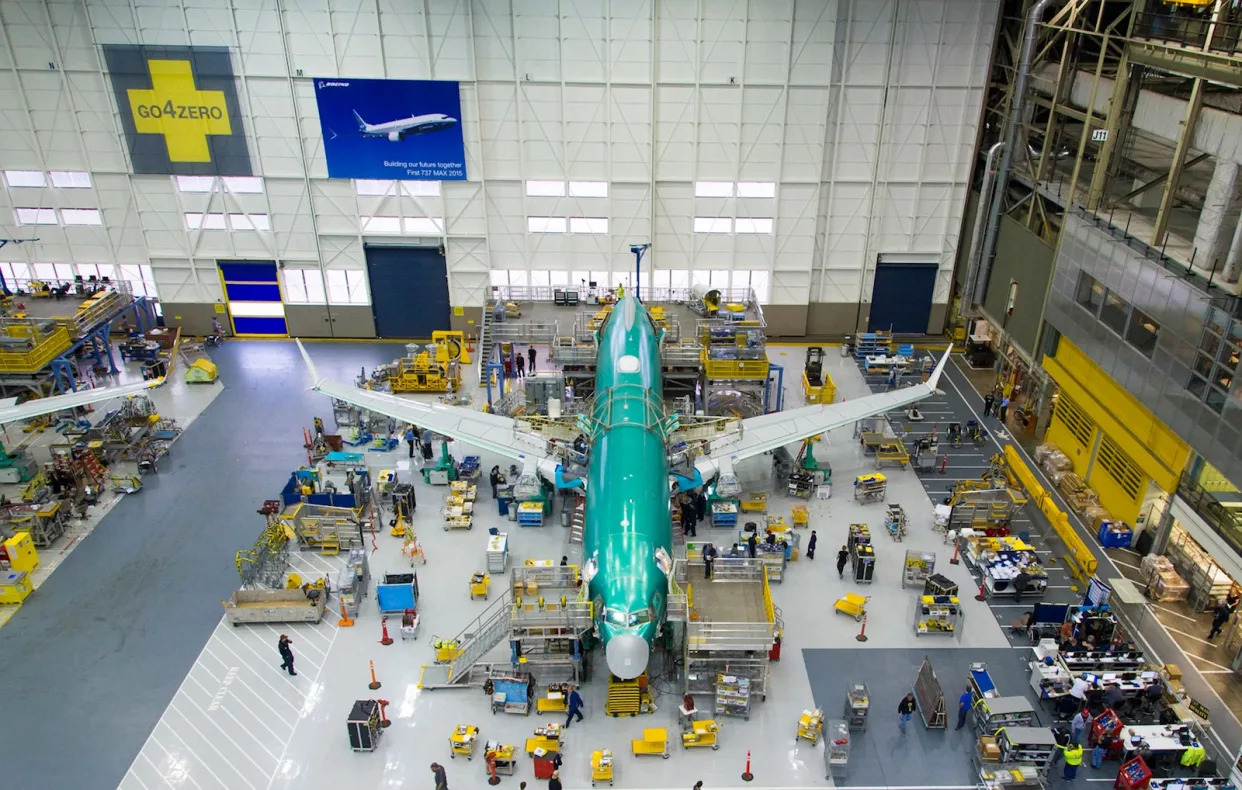
Tue, September 24, 2024
By Andrew Osborn
(Reuters) - The Russian parliament is working on a law that would ban what the authorities cast as the harmful promotion of a child-free way of life with heavy fines for "childlessness propaganda", a close ally of President Vladimir Putin said on Tuesday.
Vyacheslav Volodin, the chairman of the State Duma, the lower house of parliament, said parliamentarians had begun to examine legislation to outlaw what he described as propaganda on the internet, in films, in advertising and in the media that encourages "a conscious refusal to have children".
Putin, who has cast Russia as a bastion of "traditional values" locked in an existential struggle with a decadent West, has encouraged women to have at least three children, saying that will help secure the future of Russians.
The issue has taken on greater urgency for the authorities after official data released this month showed that Russia's birth rate had slid to its lowest in a quarter of a century while mortality rates are up, with no end in sight to Moscow's war in Ukraine.
Volodin accused what authorities have described as the "child-free movement" of devaluing the institution of family with an ideology which state officials fret is putting some women off having children.
"Groups and communities on social networks often show disrespect for motherhood and fatherhood and aggression towards pregnant women and children, as well as members of large families," said Volodin.
"A friendly and large family is the basis of a strong state."
Volodin said the draft legislation envisaged fines of up to 400,000 roubles ($4,300) for individuals found guilty of "child-free" propaganda, 800,000-rouble ($8,602) fines for state officials, and fines of up to 5 million roubles ($53,763) for companies.
MIXED RESPONSE
The announcement on his official Telegram channel was welcomed by many Russians. One commentator, Arsen, called the concept of being child-free "an evil from the West".
Some struck a more critical stance.
"There is no such (child-free) movement," said Ilya, another commentator. "And in general it's up to a couple whether or not to have children."
Denis, another commentator, said: "Perhaps worthy living conditions can be created and then you don't need to ban it. There's no certainty about the future of children."
The legislation is modelled on a 2022 law that widened a ban on "LGBT propaganda", effectively banning any public expression of queer life. Materials advocating people change their gender, a procedure prohibited in Russia, are similarly outlawed.
When asked last Friday about a potential ban on "child-free" ideology, Dmitry Peskov, Putin's spokesman, said it was too early to comment, but that Russia needed initiatives to boost the birth rate.
"Increasing the birth rate is one of the top priorities for the entire government and the entire country," said Peskov, who in July called the problem "catastrophic".
($1 = 93.0000 roubles)
(Reporting by Andrew Osborn; Editing by Gareth Jones)














.jpg)




